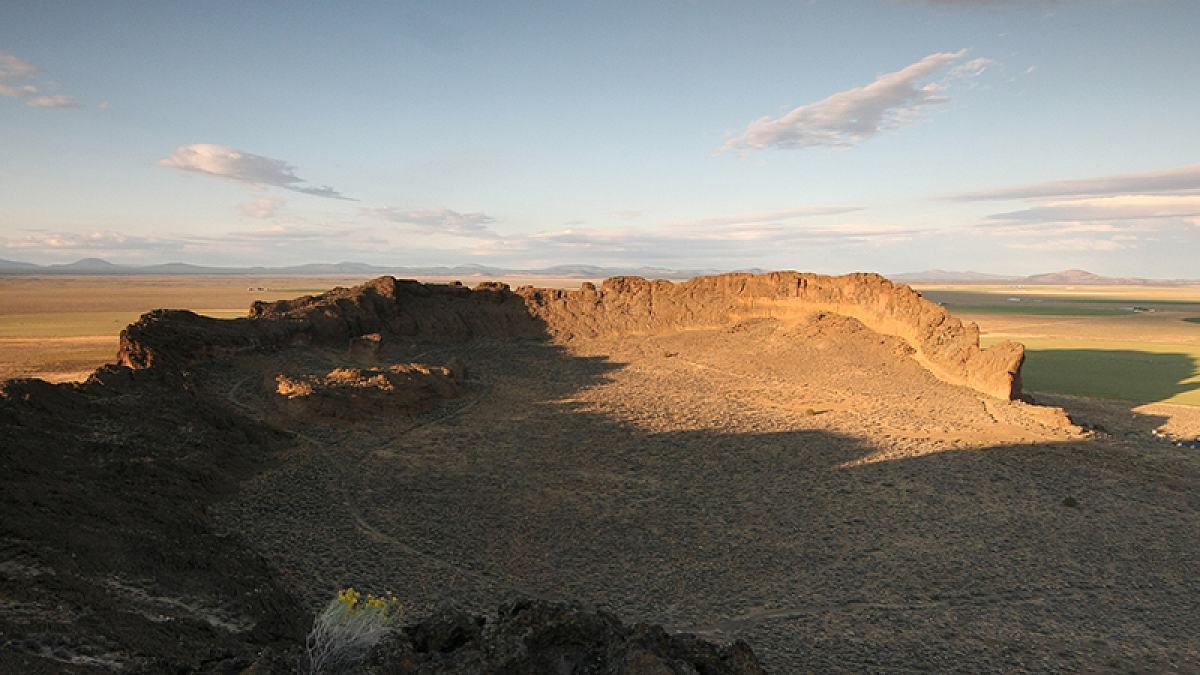The Museum of Natural and Cultural History is announcing a new Center for Archaeological and Interdisciplinary Research and Education to accelerate cutting-edge, multidisciplinary archaeological research in the Western United States and around the world.
Focus areas for the center include the peopling of the Americas, studying historical ecology and human responses to environmental change, exploring hidden histories of groups underrepresented in traditional historical studies, preserving collections, and sharing information with the public via exhibitions, publications and multimedia presentations.
The center will contribute significantly to current research priorities defined by the UO president and provost, especially environmental studies related to climate change, human resilience and sustainability. It will also strengthen strategic Museum of Natural and Cultural History connections with the fields of anthropology, earth sciences, environmental sciences, geography, history, historic preservation and others.
“After more than a century of research — as well as being the official repository for state-owned anthropological, archaeological and paleontological collections — our museum houses some of the most significant collections of archaeological and other materials related to understanding the first Americans and other cultures in Oregon and worldwide,” said museum director Jon Erlandson. “Our collections are invaluable for current research, but we curate them for future research using technologies not yet developed that can answer questions we can’t even dream of today.”
For nearly a century, museum archaeologists and paleontologists have conducted scientific research related to the deep history of Oregon, the Americas and beyond. Founded in the 1930s by Luther Cressman, a pioneer in the scientific study of the first Americans, museum scholars have focused on interdisciplinary archaeological research, building collaborative relationships with scientists across the university and institutions worldwide.
The center leverages such experience and connections to support innovative research and education by UO students, faculty members and staff.


